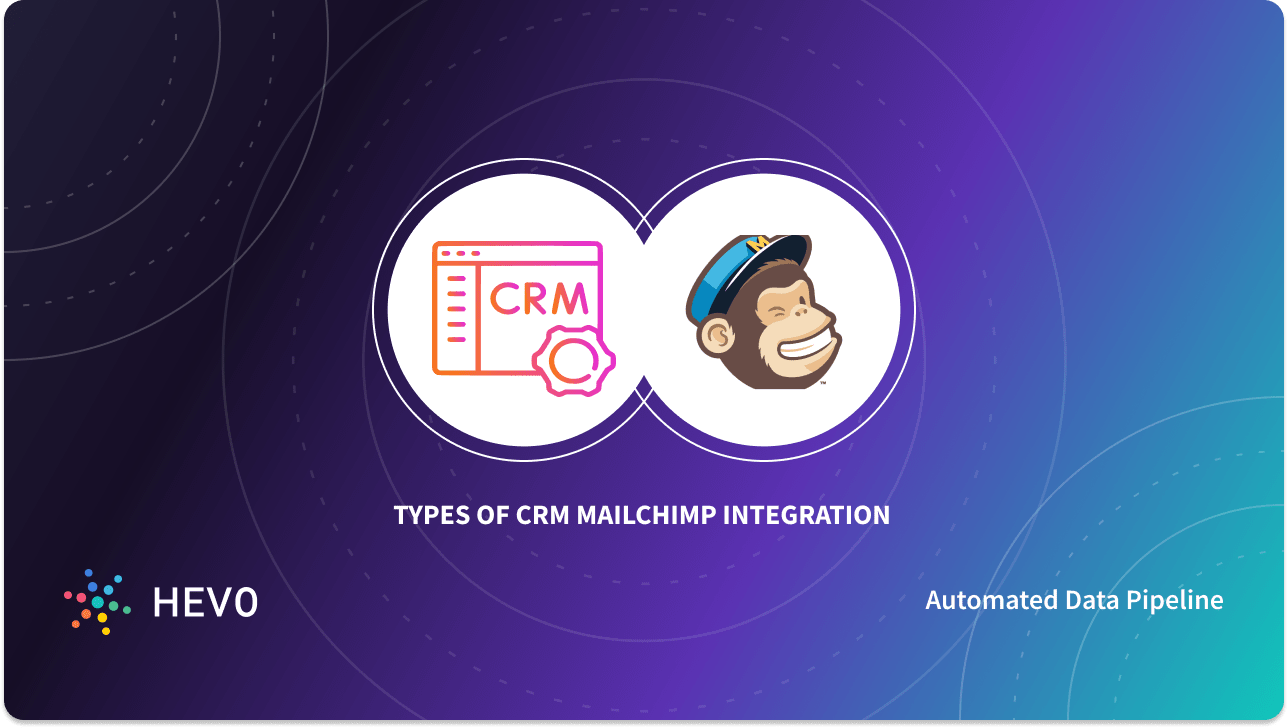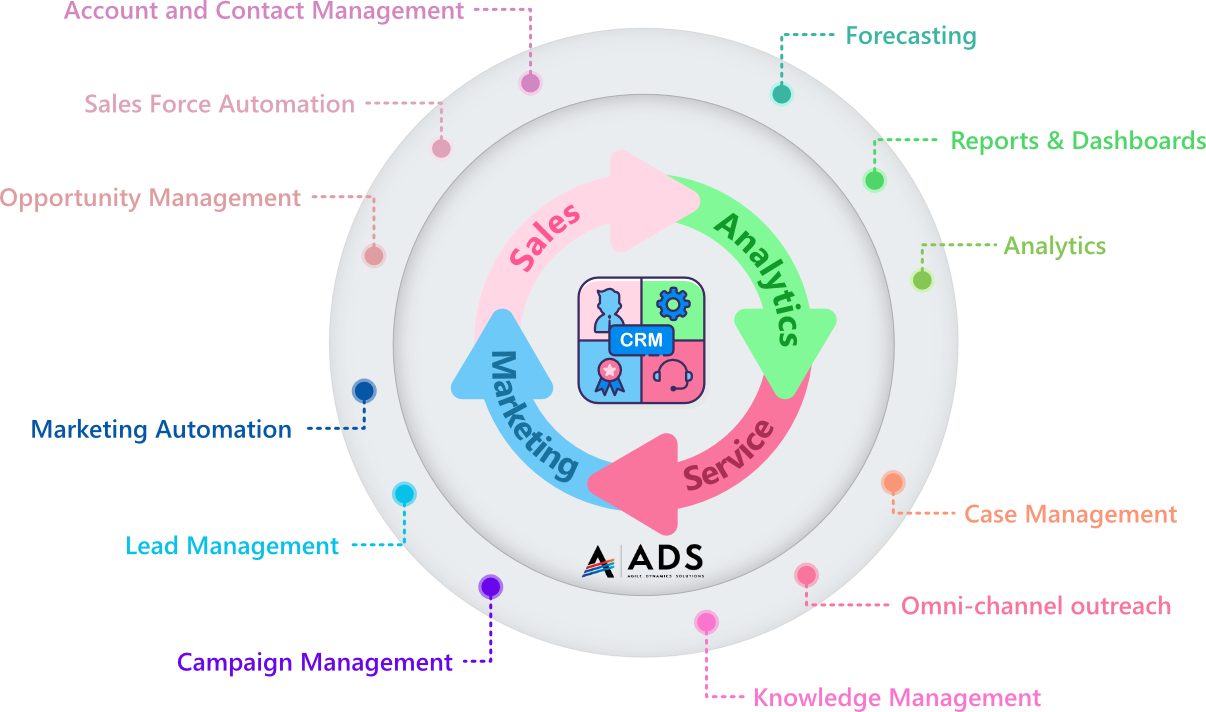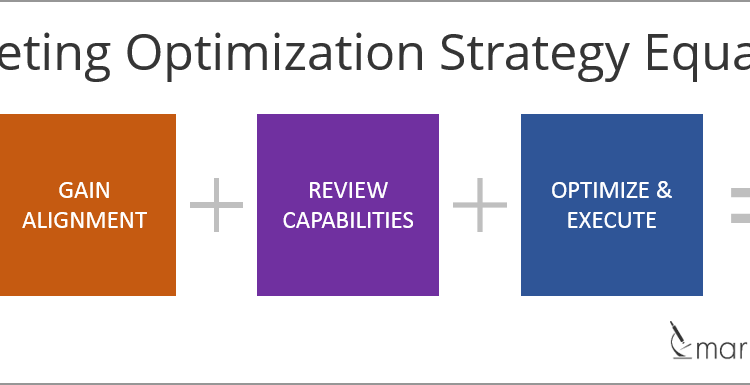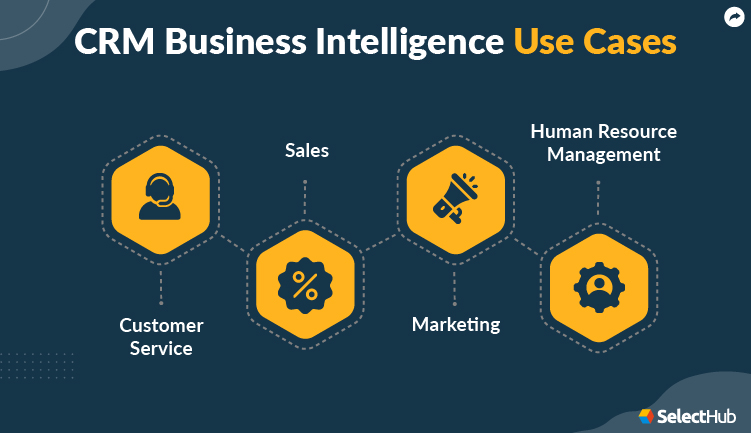CRM Email Marketing: The Ultimate Guide to Boosting Engagement and Revenue
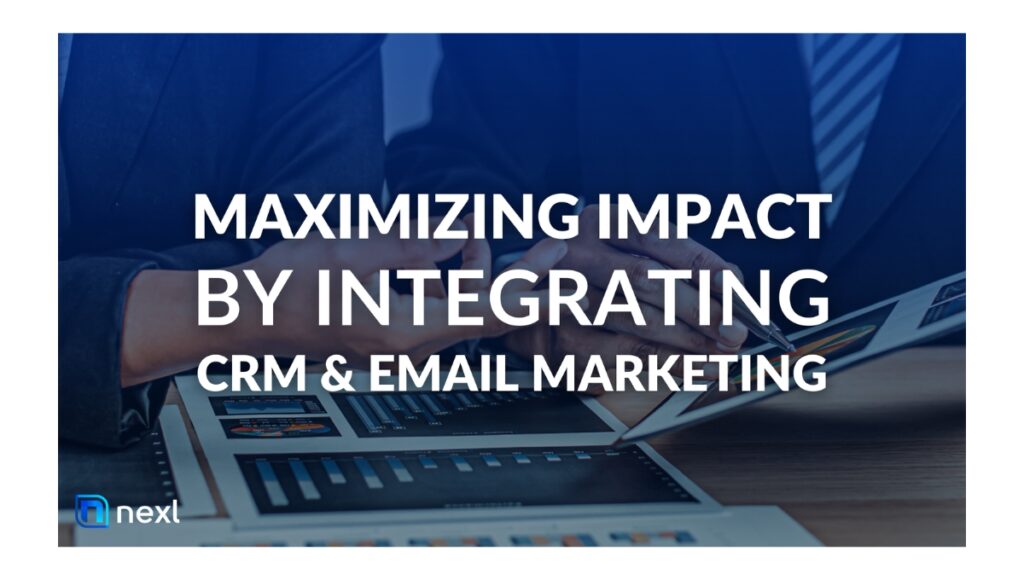
CRM Email Marketing: The Ultimate Guide to Boosting Engagement and Revenue
Email marketing has been around for a while, and it’s still one of the most effective ways to connect with your audience. But in today’s fast-paced digital world, simply sending out generic emails just isn’t going to cut it. You need to be smarter, more strategic, and, frankly, more personalized. That’s where CRM email marketing comes in. It’s about leveraging the power of Customer Relationship Management (CRM) systems to create more targeted, relevant, and ultimately, more successful email campaigns. This guide will take you through everything you need to know about CRM email marketing, from the basics to advanced strategies, helping you transform your email marketing efforts and drive real results.
What is CRM Email Marketing?
At its core, CRM email marketing combines the power of CRM software with the reach of email marketing. CRM systems store and manage customer data, including contact information, purchase history, preferences, and interactions with your business. Email marketing involves sending promotional messages, newsletters, and other communications to a list of subscribers. When you integrate these two, you get CRM email marketing – a powerful tool that lets you send highly personalized and targeted emails based on the data you’ve collected about your customers.
Think of it like this: instead of blasting the same message to everyone, you’re crafting individual messages based on what you know about each person. This level of personalization leads to higher engagement rates, increased conversions, and stronger customer relationships. It’s about understanding your audience, anticipating their needs, and delivering the right message at the right time.
The Benefits of Using CRM for Email Marketing
Why bother with CRM email marketing? The benefits are numerous and can significantly impact your bottom line. Here are some of the key advantages:
- Enhanced Personalization: CRM data allows you to segment your audience and tailor your emails to their specific interests, behaviors, and needs. This leads to more relevant content and a better customer experience.
- Improved Segmentation: CRM systems enable you to create highly specific customer segments based on various criteria, such as demographics, purchase history, website activity, and engagement with previous emails.
- Increased Engagement: Personalized emails are more likely to be opened, read, and clicked on. This leads to higher engagement rates and a more engaged audience.
- Higher Conversion Rates: By targeting the right customers with the right messages, you can significantly increase your conversion rates. This translates to more sales and revenue.
- Better Customer Relationships: CRM email marketing helps you build stronger relationships with your customers by providing them with valuable content, personalized offers, and timely communication.
- Automation and Efficiency: CRM systems automate many email marketing tasks, such as sending welcome emails, follow-up emails, and abandoned cart emails. This saves you time and effort, allowing you to focus on other important tasks.
- Improved ROI: With higher engagement, conversion rates, and customer retention, CRM email marketing provides a strong return on investment (ROI).
- Data-Driven Insights: CRM systems provide valuable data and analytics that help you track the performance of your email campaigns and identify areas for improvement.
Key Features of CRM Systems for Email Marketing
Not all CRM systems are created equal. When choosing a CRM for email marketing, look for these essential features:
- Contact Management: The ability to store and manage customer contact information, including names, email addresses, phone numbers, and other relevant details.
- Segmentation: Robust segmentation capabilities that allow you to create targeted customer groups based on various criteria.
- Email Automation: Features that enable you to automate email campaigns, such as welcome emails, follow-up emails, and abandoned cart emails.
- Email Templates: Pre-designed email templates that you can customize to match your brand and messaging.
- Personalization: The ability to personalize emails with customer data, such as names, purchase history, and preferences.
- Reporting and Analytics: Detailed reporting and analytics that track the performance of your email campaigns, including open rates, click-through rates, and conversion rates.
- Integration with Other Tools: The ability to integrate with other marketing tools, such as your website, social media platforms, and e-commerce platforms.
- Workflow Automation: Automate a series of actions based on customer behavior or specific triggers.
Choosing the Right CRM for Your Email Marketing Needs
Selecting the right CRM is a crucial decision. There are many CRM systems available, each with its own strengths and weaknesses. Here’s how to choose the right one for your business:
- Assess Your Needs: Before you start evaluating CRM systems, take some time to assess your email marketing needs. What are your goals? What features do you need? What is your budget?
- Consider Your Business Size: Some CRM systems are better suited for small businesses, while others are designed for larger enterprises. Choose a CRM that can grow with your business.
- Evaluate Features: Make a list of the features you need and compare the features of different CRM systems. Make sure the CRM you choose has the features you need for email marketing, such as contact management, segmentation, email automation, and personalization.
- Check for Integrations: Ensure that the CRM integrates with your existing tools and platforms, such as your website, e-commerce platform, and social media platforms.
- Read Reviews: Read reviews from other users to get an idea of the strengths and weaknesses of different CRM systems.
- Consider Pricing: CRM systems vary in price. Choose a CRM that fits your budget and offers a pricing plan that meets your needs.
- Try a Free Trial: Many CRM systems offer free trials. Take advantage of these trials to test the system and see if it’s a good fit for your business.
Some popular CRM systems that are well-suited for email marketing include:
- HubSpot CRM: A free CRM with robust email marketing features, including automation, personalization, and reporting.
- Salesforce Sales Cloud: A comprehensive CRM that offers a wide range of features, including advanced email marketing capabilities.
- Zoho CRM: A feature-rich CRM that offers a variety of email marketing tools, including segmentation, automation, and analytics.
- ActiveCampaign: A marketing automation platform with strong CRM capabilities, designed for email marketing excellence.
- Klaviyo: Specifically designed for e-commerce businesses, Klaviyo excels in email marketing and CRM integration.
Setting Up Your CRM for Email Marketing
Once you’ve chosen your CRM, it’s time to set it up for email marketing. Here are the key steps:
- Import Your Contacts: Import your existing contact list into your CRM. Make sure your contacts are properly formatted and that you have the necessary permissions to email them.
- Segment Your Audience: Create customer segments based on your CRM data. This will allow you to send more targeted and relevant emails.
- Create Email Templates: Design email templates that match your brand and messaging.
- Set Up Automation: Automate email campaigns, such as welcome emails, follow-up emails, and abandoned cart emails.
- Personalize Your Emails: Use customer data to personalize your emails. This includes using their name, purchase history, and preferences.
- Test Your Emails: Before sending any email campaigns, test them to ensure they are working correctly and look good on different devices.
- Set Up Tracking: Set up tracking to monitor the performance of your email campaigns. This includes tracking open rates, click-through rates, and conversion rates.
Email Marketing Strategies Using CRM
Now that you have your CRM set up, it’s time to put it to work. Here are some effective email marketing strategies you can use:
- Welcome Emails: Send a welcome email to new subscribers to introduce your brand and provide them with valuable information.
- Lead Nurturing Emails: Nurture leads with a series of emails that provide them with valuable content and guide them through the sales funnel.
- Abandoned Cart Emails: Send an email to customers who have abandoned their shopping carts to remind them of the items they left behind and encourage them to complete their purchase.
- Product Recommendations: Recommend products to customers based on their purchase history or browsing behavior.
- Promotional Emails: Send promotional emails to announce sales, discounts, and special offers.
- Customer Retention Emails: Send emails to existing customers to keep them engaged and encourage repeat purchases.
- Personalized Newsletters: Tailor your newsletters to specific customer segments, providing them with content that is relevant to their interests.
- Behavioral Triggers: Set up automated emails based on customer actions, such as website visits, product views, or form submissions.
- Segmentation-Based Campaigns: Create email campaigns specifically tailored to different customer segments, addressing their unique needs and preferences.
Measuring the Success of Your CRM Email Marketing
To ensure your CRM email marketing efforts are successful, you need to track your results and make adjustments as needed. Here are the key metrics to monitor:
- Open Rate: The percentage of emails that are opened by recipients. A high open rate indicates that your subject lines are effective and your audience is engaged.
- Click-Through Rate (CTR): The percentage of recipients who click on a link in your email. A high CTR indicates that your content is relevant and engaging.
- Conversion Rate: The percentage of recipients who complete a desired action, such as making a purchase or filling out a form. This is the ultimate measure of your email marketing success.
- Bounce Rate: The percentage of emails that are not delivered. A high bounce rate can indicate that your email list is outdated or that you have deliverability issues.
- Unsubscribe Rate: The percentage of recipients who unsubscribe from your email list. A high unsubscribe rate can indicate that your content is not relevant or that you are sending too many emails.
- Return on Investment (ROI): The amount of revenue generated from your email marketing campaigns divided by the cost of the campaigns.
- List Growth Rate: The rate at which your email list is growing.
By monitoring these metrics, you can identify what’s working and what’s not. Use this information to make data-driven decisions and optimize your email marketing strategy.
Tips for CRM Email Marketing Success
Here are some additional tips to help you succeed with CRM email marketing:
- Build a Quality Email List: Focus on building a list of engaged subscribers who are genuinely interested in your brand. Avoid buying email lists, as this can damage your sender reputation and lead to low engagement rates.
- Segment Your Audience: The more you segment your audience, the more relevant your emails will be. Use your CRM data to create targeted customer groups.
- Personalize Your Emails: Use customer data to personalize your emails, including their name, purchase history, and preferences.
- Write Compelling Subject Lines: Your subject lines are the first thing your recipients will see. Make them catchy and relevant to entice them to open your emails.
- Create High-Quality Content: Provide your subscribers with valuable content that is relevant to their interests.
- Optimize Your Emails for Mobile: Most people read their emails on their mobile devices. Make sure your emails are mobile-friendly.
- Test Your Emails: Before sending any email campaigns, test them to ensure they are working correctly and look good on different devices.
- Track Your Results: Monitor your email marketing metrics and make adjustments as needed.
- Stay Compliant: Comply with all email marketing regulations, such as GDPR and CAN-SPAM.
- Continuously Improve: Email marketing is an ongoing process. Continuously test, analyze, and refine your strategy to optimize your results.
The Future of CRM Email Marketing
The future of CRM email marketing is bright. As technology continues to evolve, we can expect to see even more sophisticated features and capabilities.
Some trends to watch include:
- Artificial Intelligence (AI): AI will play an increasingly important role in email marketing, helping businesses personalize their emails, automate their campaigns, and optimize their results.
- Hyper-Personalization: CRM systems will allow businesses to personalize their emails to an even greater extent, based on individual customer behavior and preferences.
- Interactive Emails: Interactive emails will become more common, allowing recipients to engage with your content in new and exciting ways.
- Integration with Other Channels: Email marketing will become more integrated with other marketing channels, such as social media and SMS.
- Focus on Customer Experience: The focus will shift even more to providing a seamless and personalized customer experience.
By staying ahead of these trends, you can ensure that your CRM email marketing efforts remain effective and successful.
Conclusion
CRM email marketing is a powerful tool that can help you build stronger customer relationships, increase engagement, and drive revenue. By leveraging the power of CRM data, you can create highly targeted and personalized email campaigns that resonate with your audience. By following the strategies outlined in this guide, you can transform your email marketing efforts and achieve real results. Embrace the power of CRM and watch your email marketing soar!

